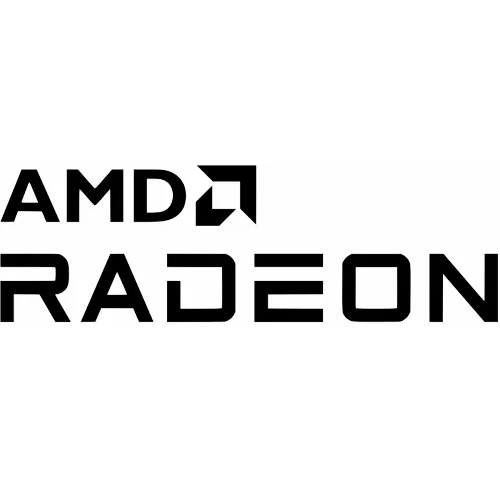Mesa's Radeon Vulkan Driver Has Become Much More Capable At Ray-Tracing, Thanks To Valve

Thanks to Valve using the Mesa RADV driver for the Steam Deck, many improvements and other resources have been devoted to the Vulkan ray-tracing performance over the past year. Vock's XDC 2023 presentation focused on all the technical improvements made to the RADV open-source driver over the past year and how it's now much more capable.
Last year RADV RT worked with a handful of games while now in recent months it's reached the point that users/gamers can largely expect new titles to "just work" with this ray-tracing code path. There are some known issues still like Cyberpunk 2077 and Witcher 3 potentially hanging, but the situation is very different from a year ago.
The performance of RADV ray-tracing also continues to improve though overall hasn't yet surpassed AMD's official Vulkan driver performance.
Vock shared that some of the efforts still being pursued by Valve for RADV ray-tracing are getting remaining game titles working, performance optimizations, making use of more RDNA3 features, building higher quality BVHs, and other work mostly in the area of performance.
Those wishing to learn more about the 2023 state of RADV ray-tracing can see the slide deck from XDC 2023 and the presentation embedded below.
21 Comments

